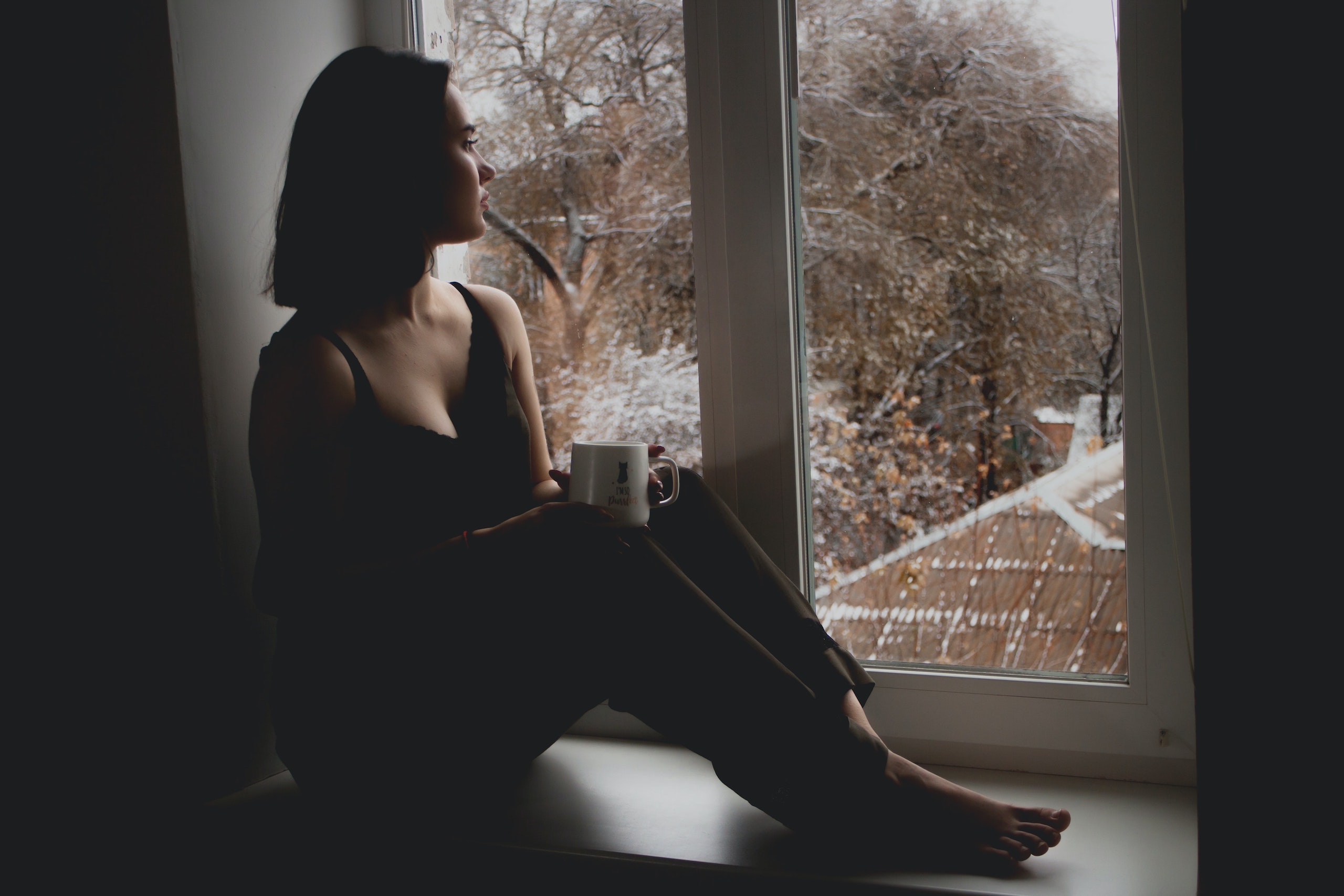This month’s subscriber question, comes from Carla:
Hi Kate, I find it tough to stay motivated during the autumn and winter months. I don’t exercise as much as I do in the spring and summer. I tend to reach for more unhealthy comfort foods. Plus, waking up and coming home in the dark feels really depressing. Do you have any specific tips to help with these challenges?
My answer:
I hear you! The transition into autumn and winter can feel challenging for many people, especially when it comes to staying motivated with exercise, eating well, and dealing with the lack of daylight. The colder months and shorter days naturally affect our energy levels and moods. However, with a few small adjustments, you can shift your mindset and maintain a healthy, balanced lifestyle, even during autumn and winter.
Here are some practical tips to help you eat well, feel energised, and remain uplifted, during this time of year:
Shift Your Mindset: Small changes make a big difference
Firstly, try not to compare your autumn and winter routines to what you do in the warmer months. As I explained in a previous post, it’s perfectly normal for energy and activity levels to fluctuate with the seasons. Rather than feeling guilty for doing less, embrace smaller, more manageable changes.
The key is to adapt to the season instead of fighting against it.
For example, you might not be spending as many hours outside, but focusing on short, consistent outdoor activities can still have a big impact.
Exercise: Keep it simple and seasonal
When it comes to exercise, try to make it as easy and enjoyable as possible. I do recommend outdoor activity, for getting fresh air and exposure to daylight, as long as you have on the correct clothing. But if outdoor activities feel daunting in colder weather, especially when it’s dark, consider indoor options. Here are some ideas:
- Home workouts: There are so many accessible online workout videos these days. From yoga and Pilates to high-intensity interval training (HIIT), you can easily fit a quick session into your day. Even 10-20 minutes of movement can boost your mood and energy.
- Break it up: If finding time for longer workouts or activity is difficult, break it into smaller chunks. A few 10-minute sessions throughout the day can be just as effective as one longer session.
- Walks in nature: On brighter days, make the most of the daylight by taking a short walk during your lunch break or in the early afternoon. On weekends, aim for a longer walk, especially if it’s clear and sunny – soak up the sun while you can. The fresh air and natural light will boost your mood and re-energise your body.
Comfort foods: Indulge in something wholesome
It’s normal to crave heavier, more comforting foods in autumn and winter, but these don’t have to be unhealthy. The trick is to tweak your comfort foods so they’re nourishing but also still satisfying. In fact, comfort foods can also be incredibly nutritious and wholesome. Here’s how:
- Warm, nourishing soups and stews: Prepare or buy soups and stews packed with veggies, proteins, and whole grains. They provide warmth and comfort while delivering essential nutrients. I’m a huge fan of slow cookers to make nutritious stews – check out this month’s round-up newsletter where I share more about my love of slow cookers!
- Meal prep: When you have healthy meals and snacks ready to go, you’re less likely to reach for convenience foods. Dedicate a little time on the weekends to planning and prepping meals, so you have something nutritious on hand during the week. You can also batch-cook meals and freeze them to save you cooking from scratch every night – stews, curries and soups are perfect for this.
- Healthy snack alternatives: When you crave something sweet, try roasting some apples with cinnamon or making energy balls with oats, nuts, and dried fruit. These give you the same comforting feeling but with more nutritional benefits.
Light Therapy: Embrace the light, even indoors
One of the toughest parts about autumn and winter is the lack of natural daylight, which can make mornings and evenings feel dreary. Light therapy can be a game-changer for combatting the effects of shorter days:
- Light therapy lamps: These simulate natural sunlight and can help improve your mood and regulate your circadian rhythm. Use a light therapy lamp in the morning while you’re getting ready or working at your desk for 20-30 minutes to help you feel more awake and alert.
- Morning routine: Set your alarm a bit earlier to give yourself time to ease into the day. Start with a calming morning ritual like stretching, having a warm drink, or reading. If possible, open your curtains immediately to let in any natural light.
- Daylight exposure: As I mentioned in last week’s post, it’s important to maximise your daylight exposure by getting outside whenever possible. If you’re working from home, I recommend creating a ‘fictional commute’ – step outside before you start your workday and again after you’ve finished. The mornings are especially important for getting overhead daylight exposure.
If you missed last week’s post, be sure to check it out for even more autumn and winter self-care strategies: Embrace the Seasons to Support Your Wellbeing & Productivity
Stay motivated to boost your energy and mood – you can do this!
It’s completely normal to feel less motivated in the autumn and winter months, but with a few simple adjustments, you can still boost your energy and mood. Focus on small, seasonal exercise routines, enjoy nourishing comfort foods, embrace light therapy, and establish daily rituals that align with the season and help improve your mindset.
And finally, don’t forget to stay connected with others – that sense of community can really help lift your spirits.
I hope these tips help you find a balance and feel more energised as we move through these colder months!
Kate x


